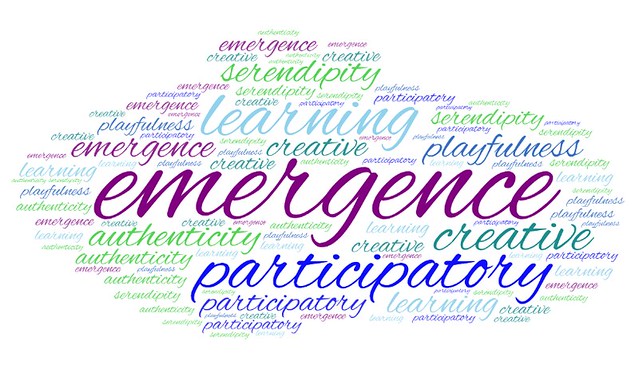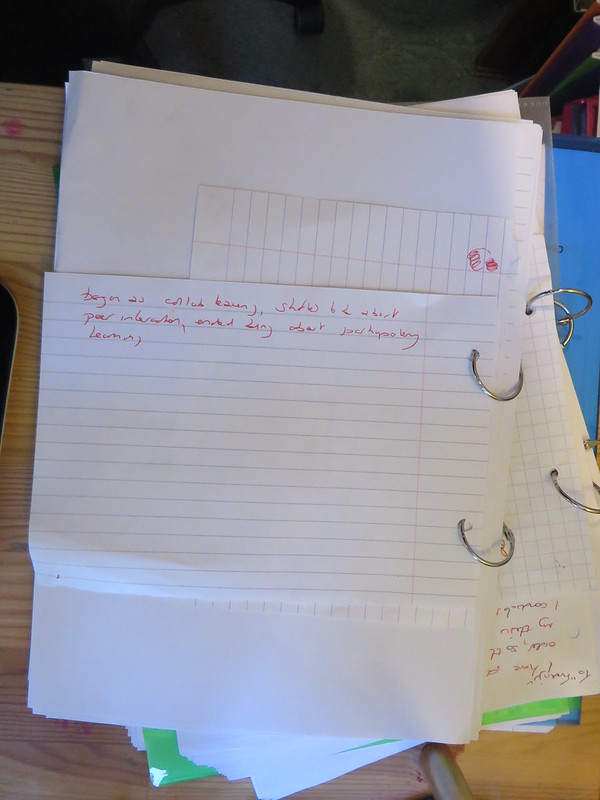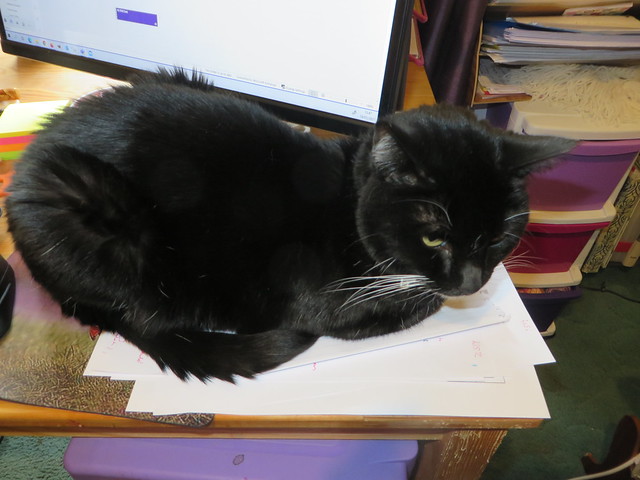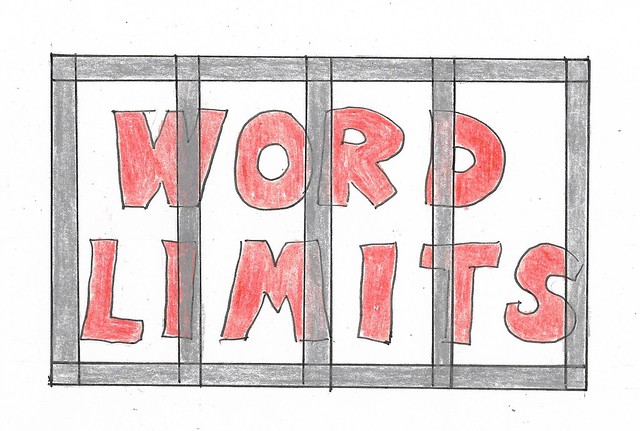I was deeply saddened this morning to hear of the death of the author and artist Alasdair Gray, undoubtedly one of the most significant English-language authors of the last century. I have a strong personal connection to Gray’s writing as in some obscure way it’s bound up with my decision to come to study and live in Glasgow.
I first came across Gray’s writing in one of Penguin’s Firebird anthologies in the early 1980s, when I was about 14, then the following year my partner’s brother, who was studying Scottish Literature at Edinburgh University, came home with a copy of Lanark and gave it to me to read it. I was completely captivated by everything about the book and pestered my friends to read it, most of them did and were equally enthralled. (Dragonhide was a condition we recognised well.) After Lanark, I went on to Unlikely Stories Mostly and 1982 Janine. I know 1982 Janine is a divisive book, and I certainly read it at an impressionable age, but I still think it’s an incredibly powerful work, and one that comes frighteningly close to capturing the disorienting reality of mental breakdown in words and typography.
When I had left school, I had hoped to go to Edinburgh to the School of Scottish Studies, but although I was successful in securing a place, the university didn’t offer me a place in halls, and, as I couldn’t afford to travel to Edinburgh to find a flat, I had to turn the place down. Instead I went to Glasgow, which offered me accommodation and a place to study Scottish Literature and Archaeology. I wasn’t exactly keen on going to Glasgow at first, but in an odd way it was through the writing of Alasdair Gray and Edwin Morgan, and an anthology of Glasgow poetry called Noise and Smoky Breath, that features Gray’s artwork of Cowcaddens on the cover, that I warmed to the idea of moving to the city. I say odd, because Gray’s vision of Glasgow in Lanark is very much a dystopian one, but it’s a very human dystopia.
When I first read Lanark in Stornoway as a teen, I had no real experience of Glasgow, it was a city I’d visited only once as a child, so re-reading the book at university while I was living in the city was a real eye-opener for me. I saw Gray reading several times while I was a student, most notably at Felt Tipped Hosannas, a Mayfest event in 1990 to commemorate Edwin Morgan’s 70th birthday. He read an excerpt of McGrotty and Ludmilla and he was hilarious.
I couldn’t tell you how many times I’ve read Lanark since then, at least a dozen probably. It’s a book I go back to time and time again and every time I read it, it becomes more relevant.
It goes without saying that I love Gray’s art as much as his writing, as it’s really impossible to separate the two. For a short time, while I worked at Strathclyde University in the early 2000’s, we were privileged to share our Cetis office with some original prints of the Lanark illustrations from the University’s art collection.
I’ve lived in Glasgow for over 30 years now and somehow my experience of the city is still inextricably bound up with Gray’s work, whether it’s his artwork in Hillhead, Oran Mor, or The Chip, or his words that are woven into the fabric of the city.
“Glasgow is a magnificent city,” said McAlpin. “Why do we hardly ever notice that?”
“Because nobody imagines living here…think of Florence, Paris, London, New York. Nobody visiting them for the first time is a stranger because he’s already visited them in paintings, novels, history books and films. But if a city hasn’t been used by an artist not even the inhabitants live there imaginatively.”
Lanark ~ Alasdair Gray
As an eighteen year old teenager from the Outer Hebrides, I was able to imagine living in Glasgow because I had already visited it through Gray’s art, and never once have I felt like a stranger here.












